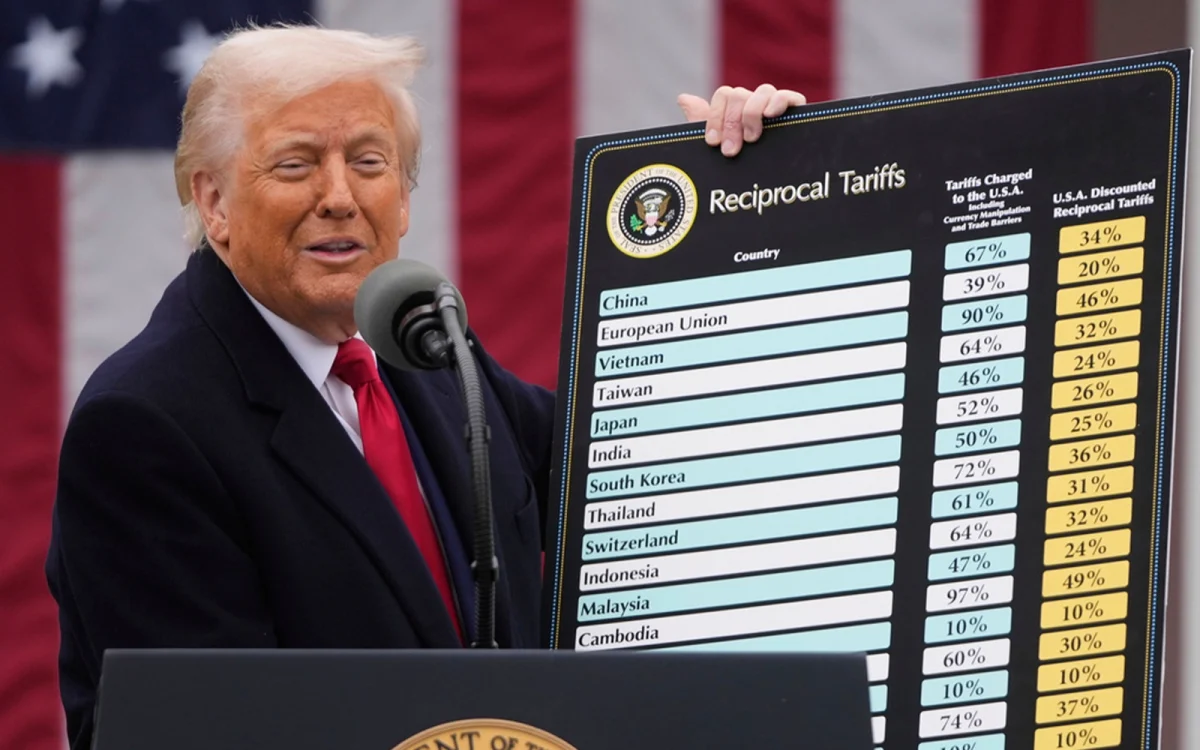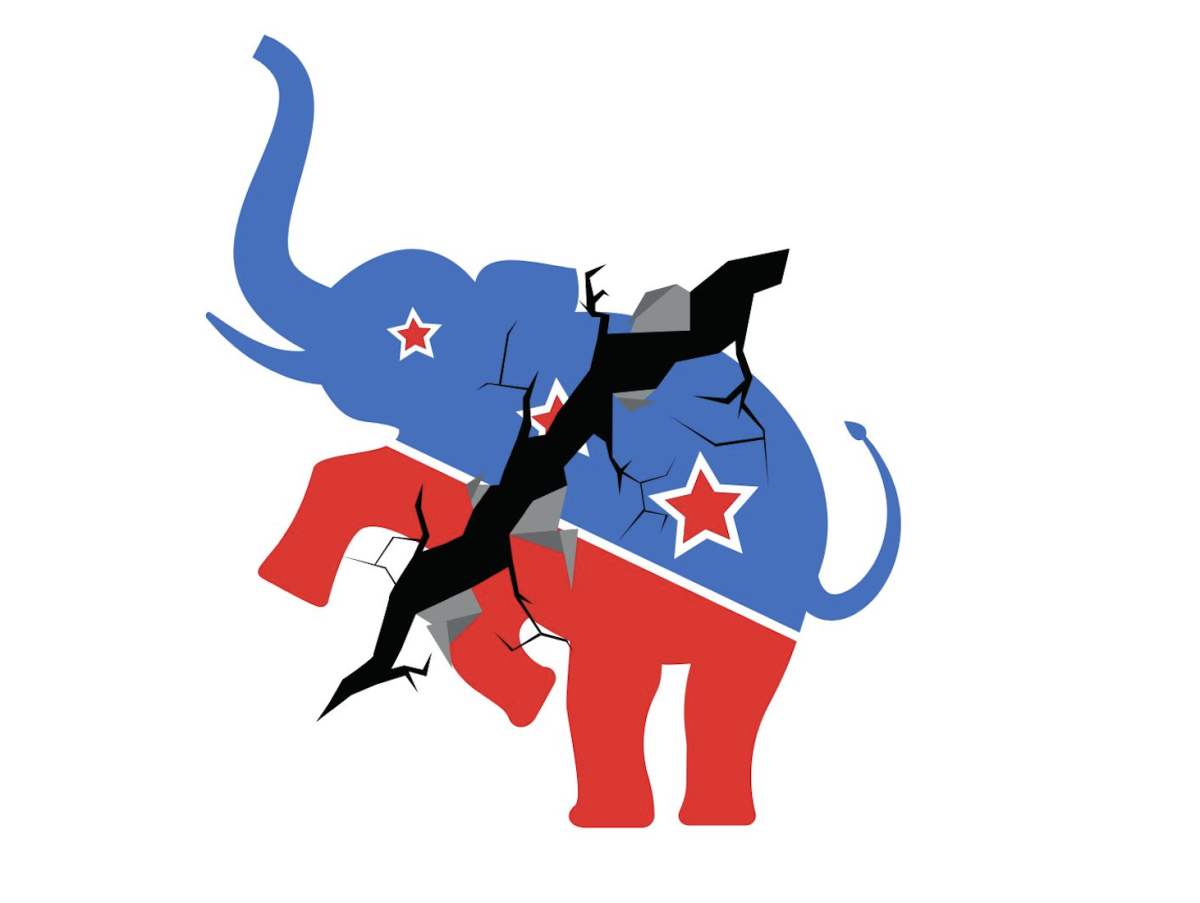Since returning to the White House, United States President Donald Trump has triggered global economic tensions with America’s key allies. On March 4, he imposed 25% tariffs against Mexico and Canada and 10% against imports from China. Immediately, China responded by retaliatory tariffs on imports, including chicken, pork, soy and beef. Soon after, the stock market dipped, and the cost of groceries rose exponentially. Two days later, Trump announced he would delay tariffs on Mexican and Canadian goods until April 2, when U.S. government officials will reveal future recommendations for specified reciprocal trade policies on countries worldwide. Trump’s trade war has invoked fears of global economic turbulence and a looming sense of uncertainty.
From Trump’s perspective, he argues that implementing tariffs on foreign goods will protect American industries, boost manufacturing and improve our economy. However, many economists claim that tariffs will increase consumer prices on everyday goods like clothing, gas and groceries. The potential consequences of Trump’s tariffs are to weaken U.S. economic growth and accelerate unemployment rates.
Aside from a whirlwind of policy shifts and global economic threats, in the few months of his second term, Trump proposed to annex Canada and make it America’s 51st State, suspended military aid to Ukraine and attempted to purchase Greenland, which Danish Prime Minister Mette Frederiksen rejected. In response to Trump’s geopolitical disturbances, U.S. allies in Europe, led by Germany and France, indicated that they would reduce their dependence on the United States and back away from diplomatic alliances with the country. European Union officials warn that Trump’s tactics undermine international security, threaten global trade efforts and harm the planet.
Meanwhile, North American trade relations have grown hostile. The Canadian government announced it imposed a 25% export tax on electricity that powers some six million American homes across Michigan, Minnesota and New York. Despite Trump’s claims that the U.S. does not need Canada’s resources, Canada is the largest foreign supplier of steel, aluminum, uranium and many more critical minerals to the United States. In simple terms, Canadian Prime Minister Justin Trudeau called Trump’s tariffs against his country “a very dumb thing to do” and vowed to fight relentlessly to protect the Canadian economy. Economists hypothesize that Trump’s aggressive push for tariffs will force Canada, Mexico and the United States into a trade war that will cause each country to experience recession, job losses and economic upheaval.
In a sadistic fate of irony, days after inflicting a trade war against the United States’s closest allies, Trump declared on his social media platform Truth that “The Golden Age of America has just begun.” The president’s message appears contradictory to the economic trends that working-class Americans are suffering from cuts to food assistance, Medicaid and other benefits they need to survive.
American exceptionalism is fading as businesses struggle to remain afloat with Trump’s economic disruptions and escalating trade war. Imposing tariffs against our nation’s allies will send shockwaves across the geopolitical economy. While the market drops, unemployment spikes, and tariffs threaten a trade war with U.S. allies, Trump remains optimistic that his drastic measures to stir the global economy will encourage businesses to bring their production to America and strengthen our domestic industries.






